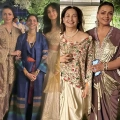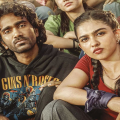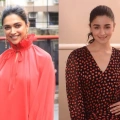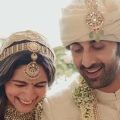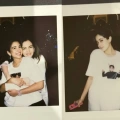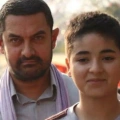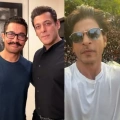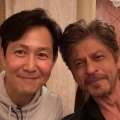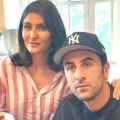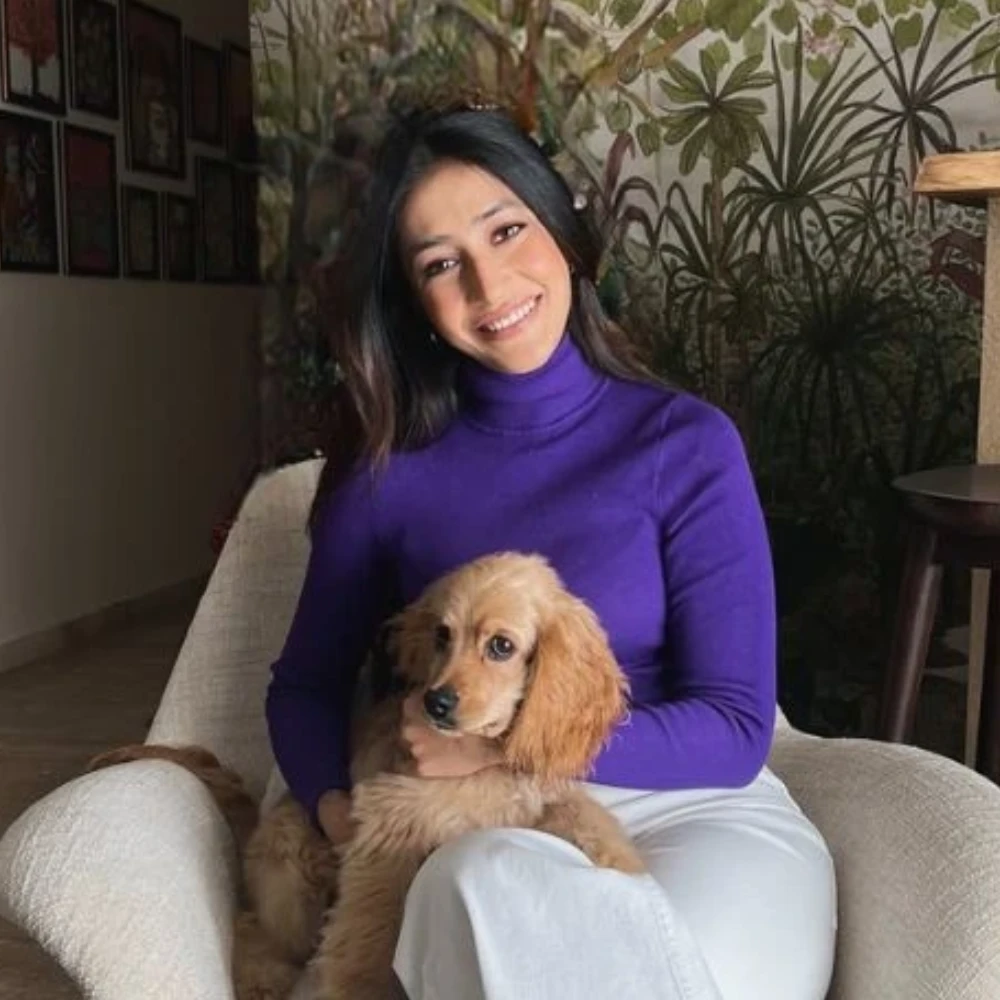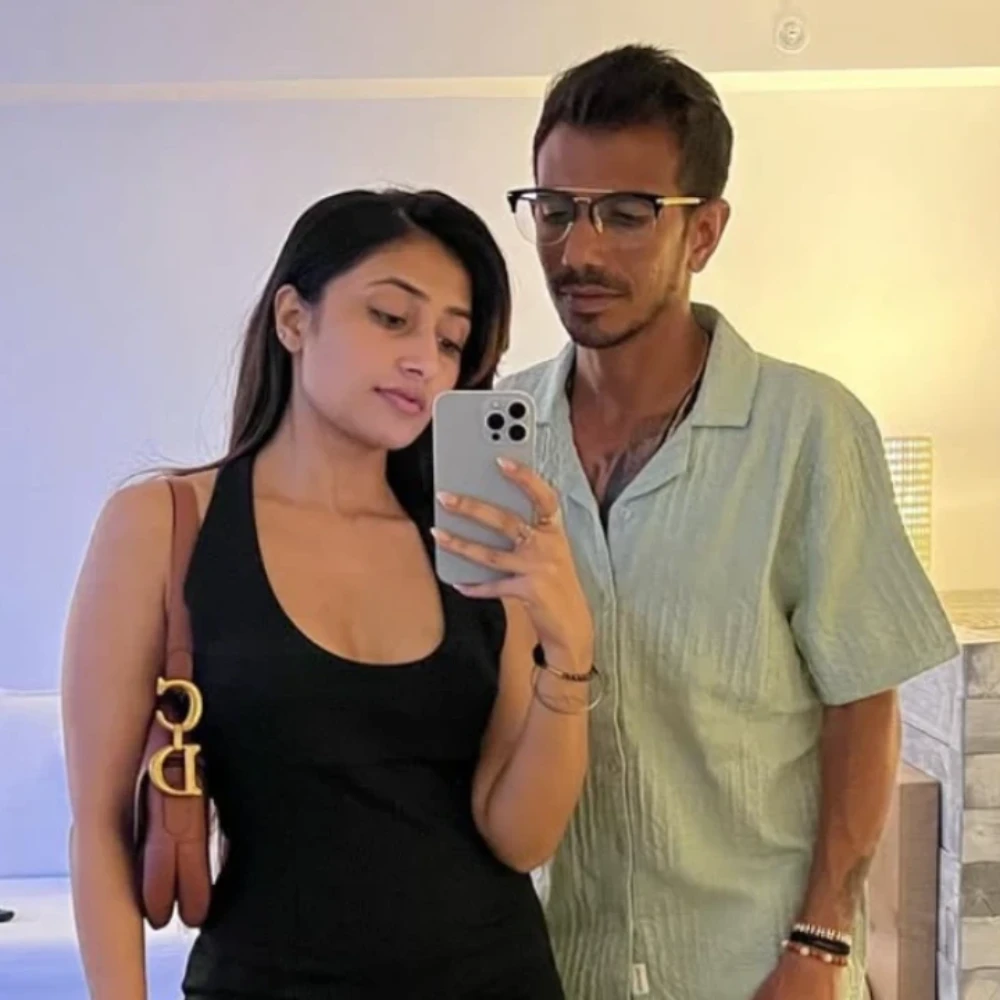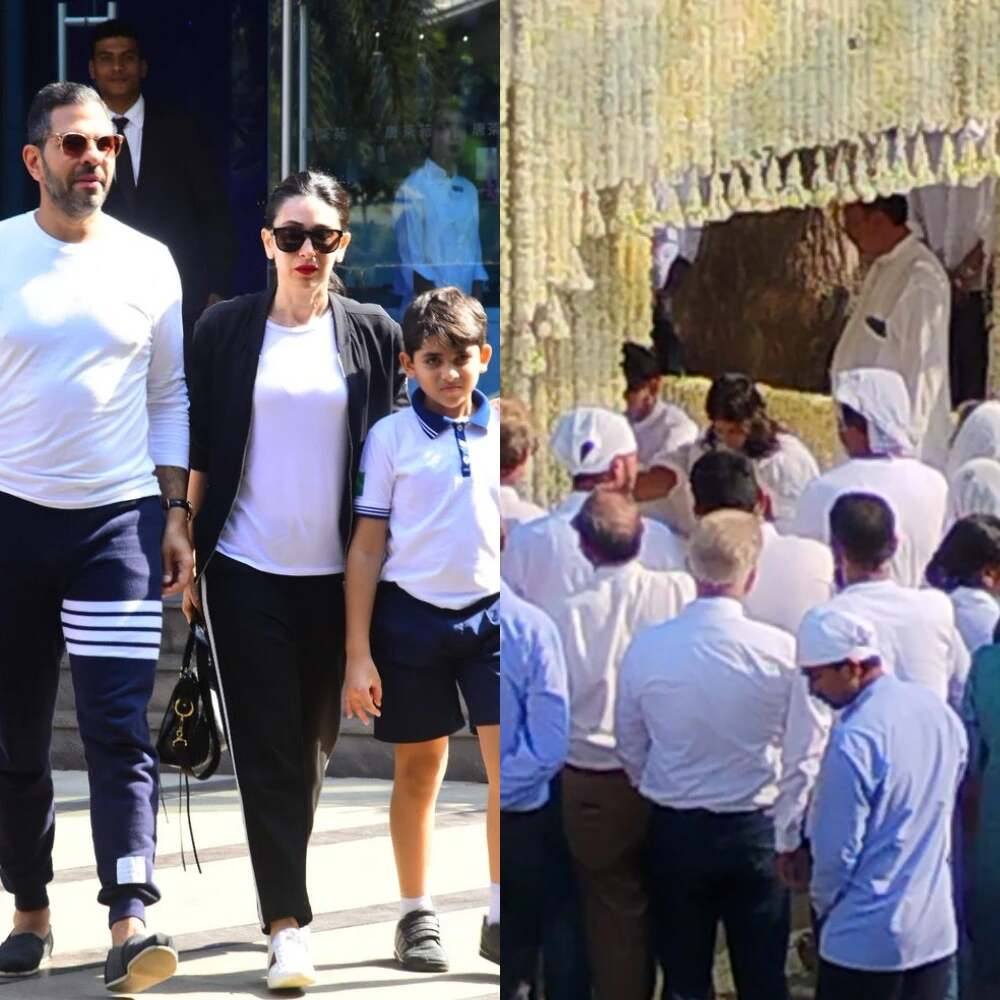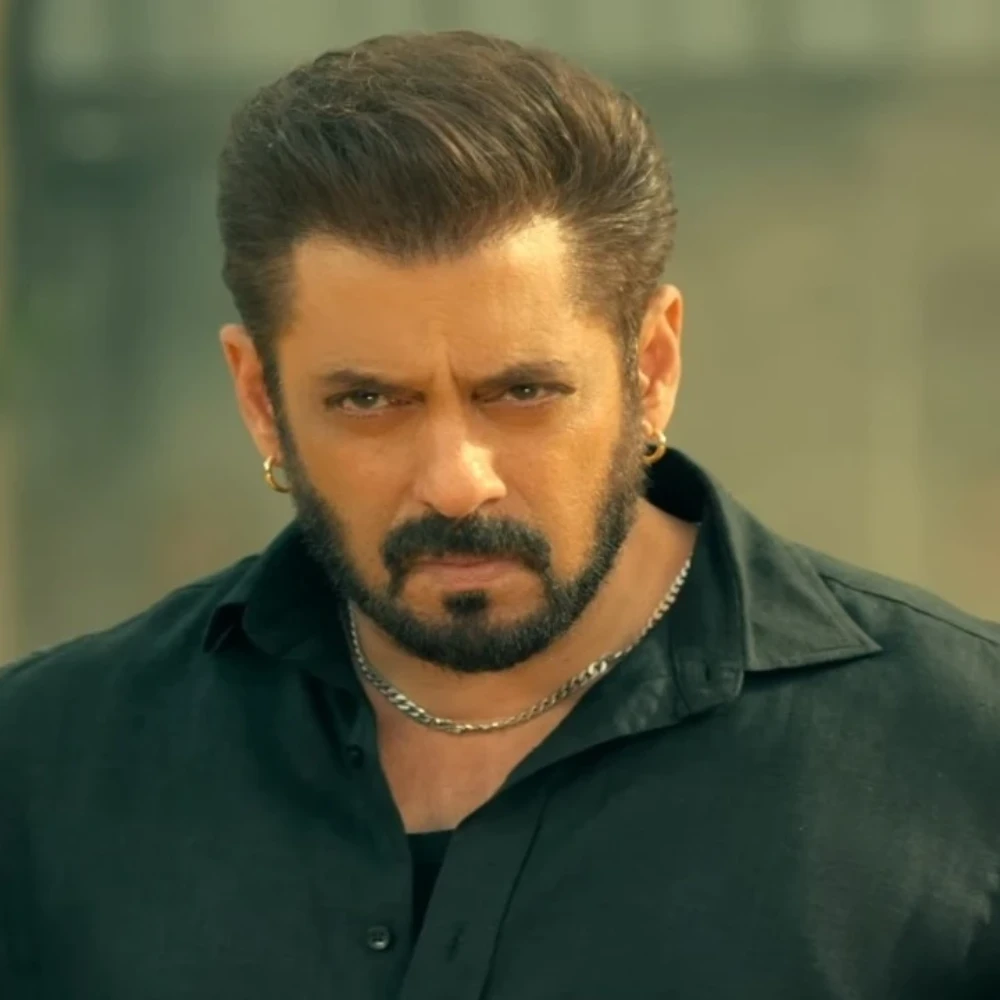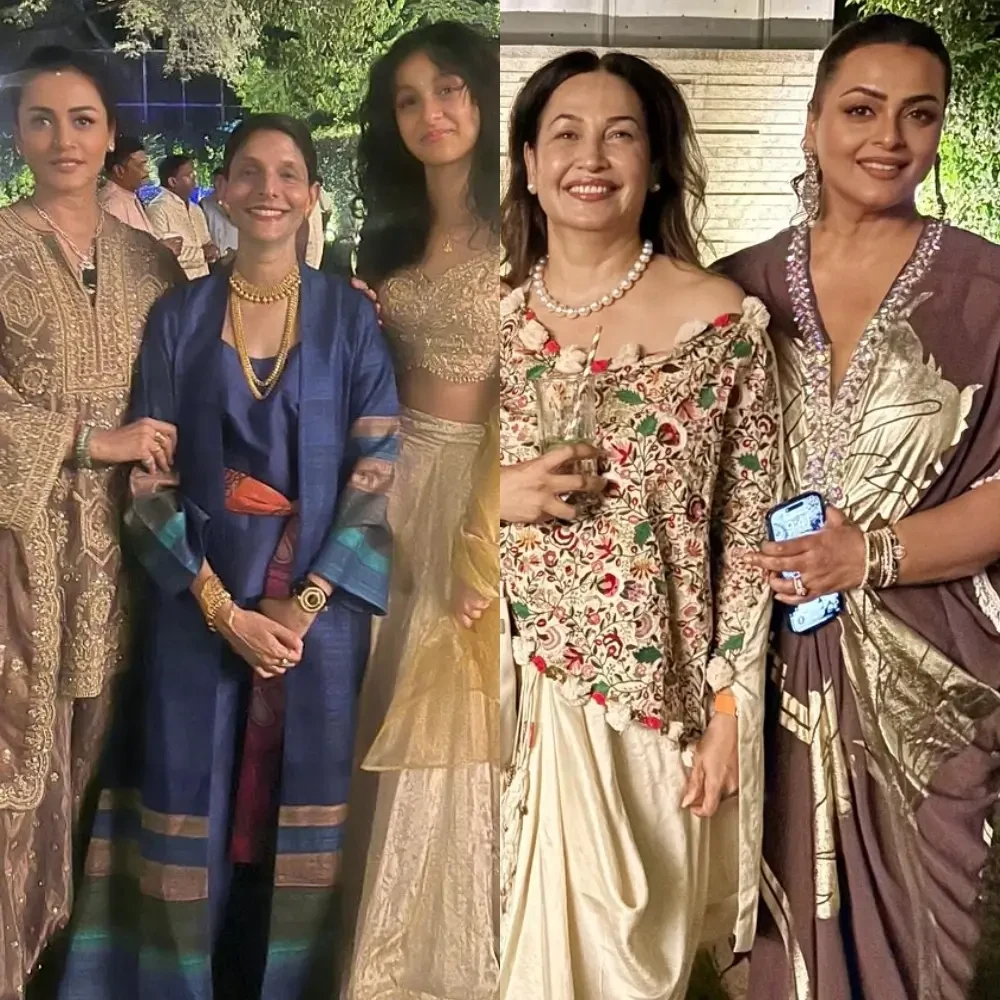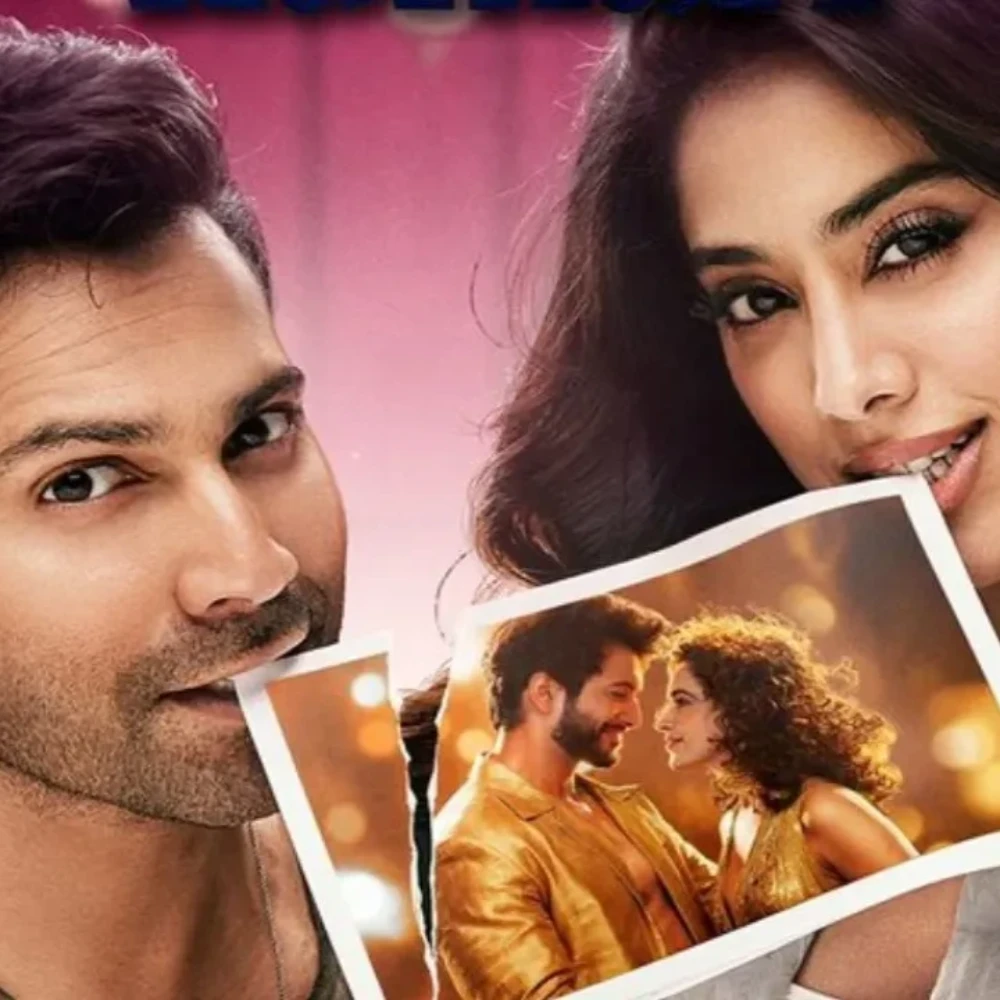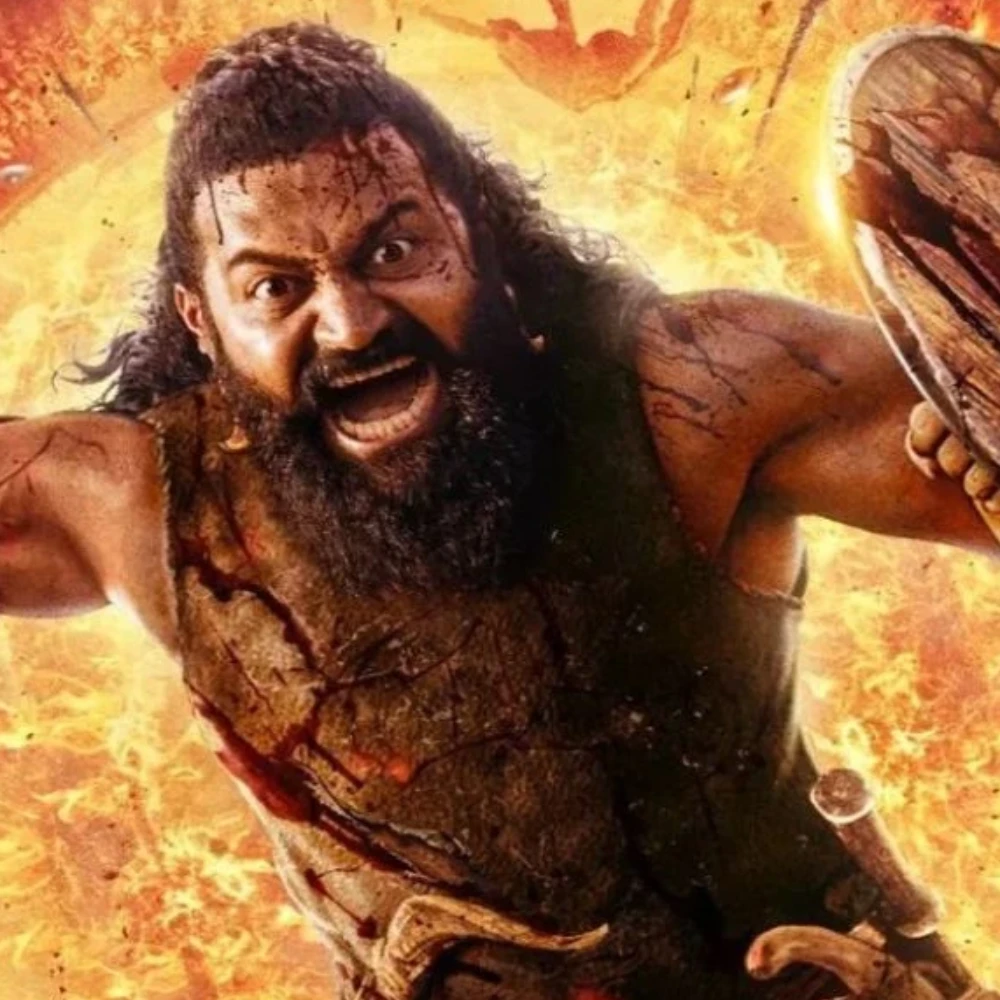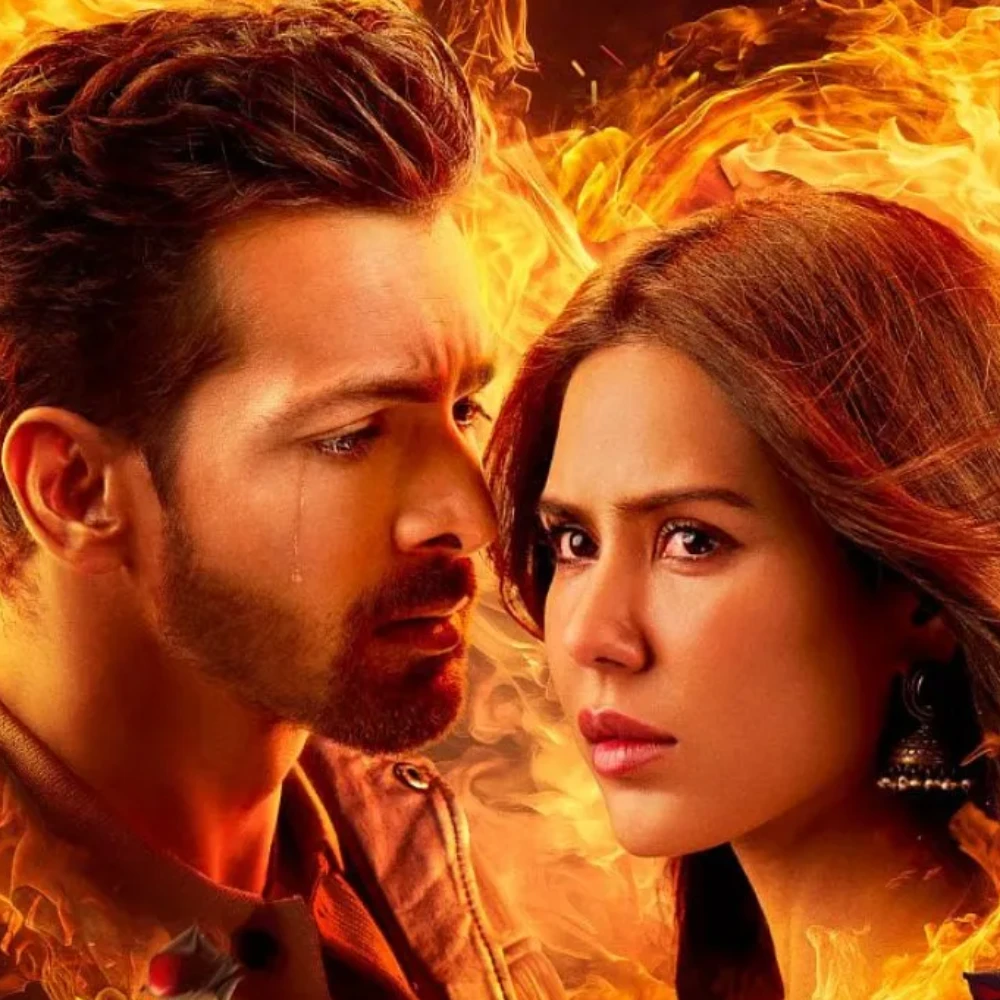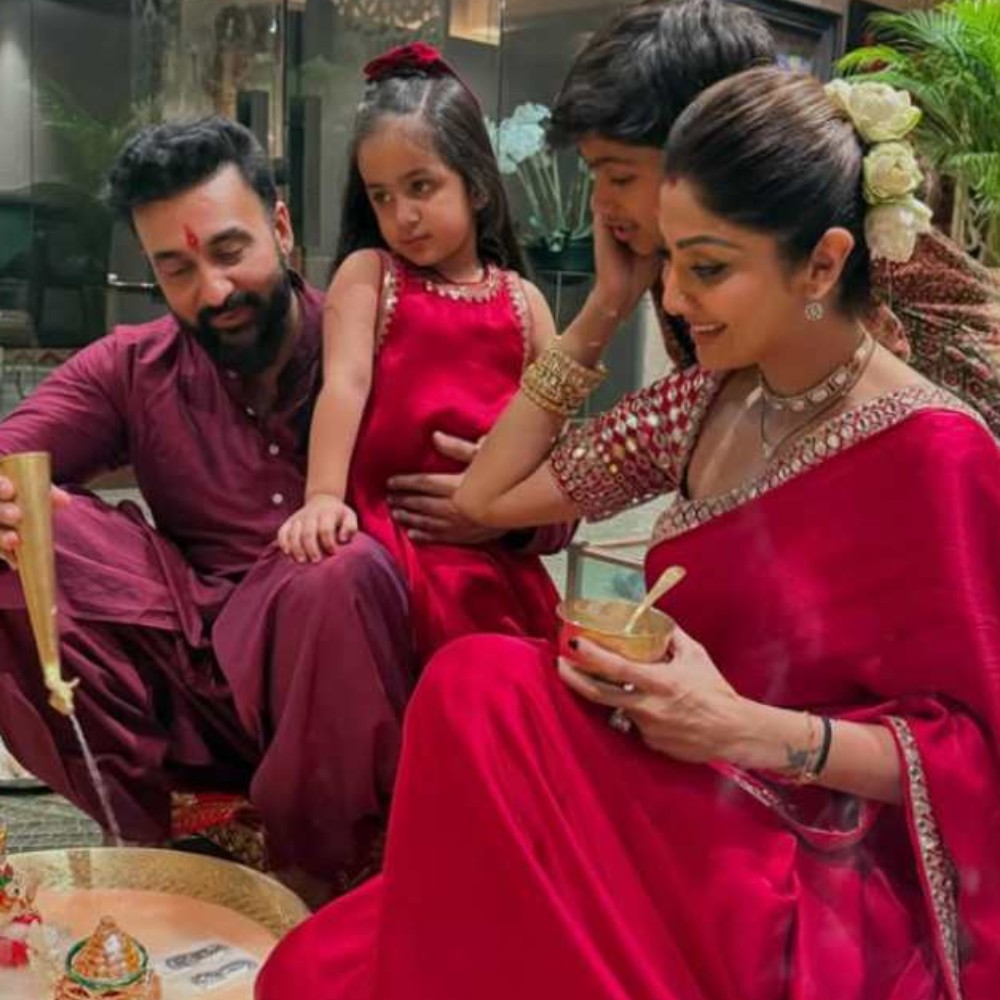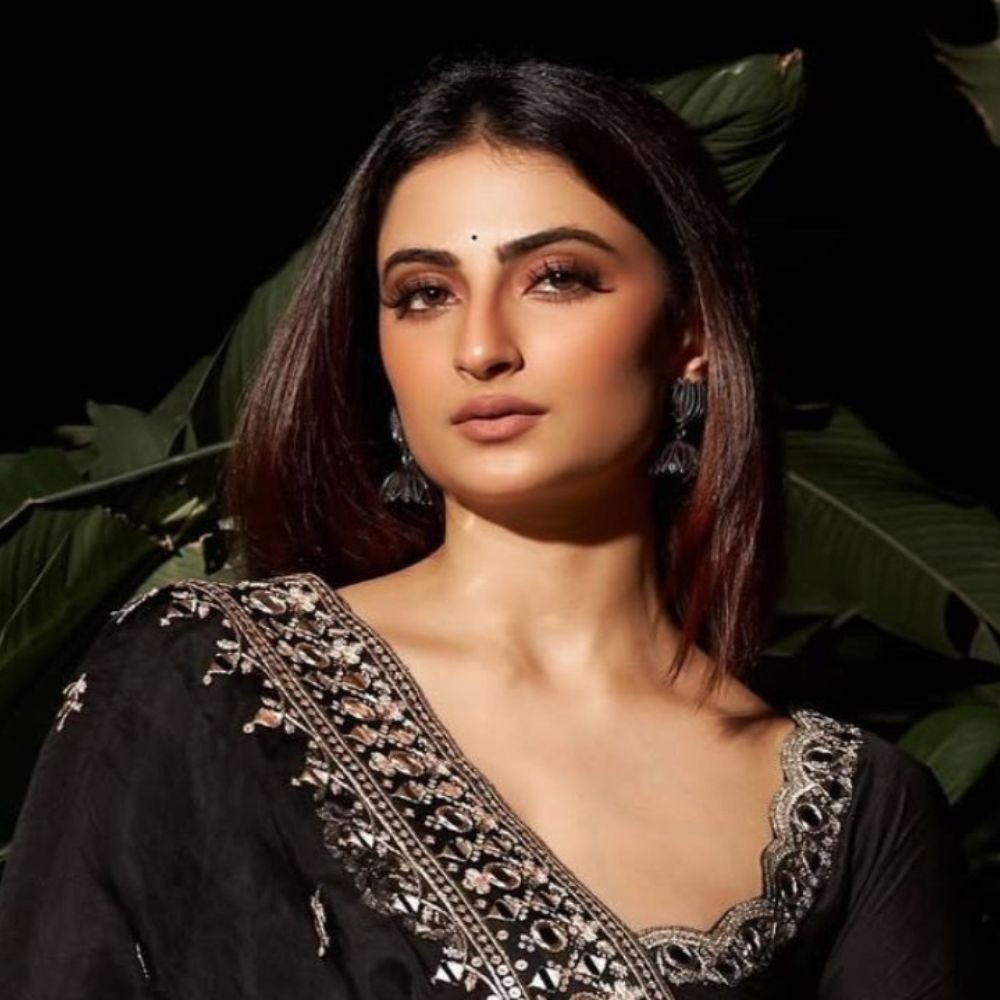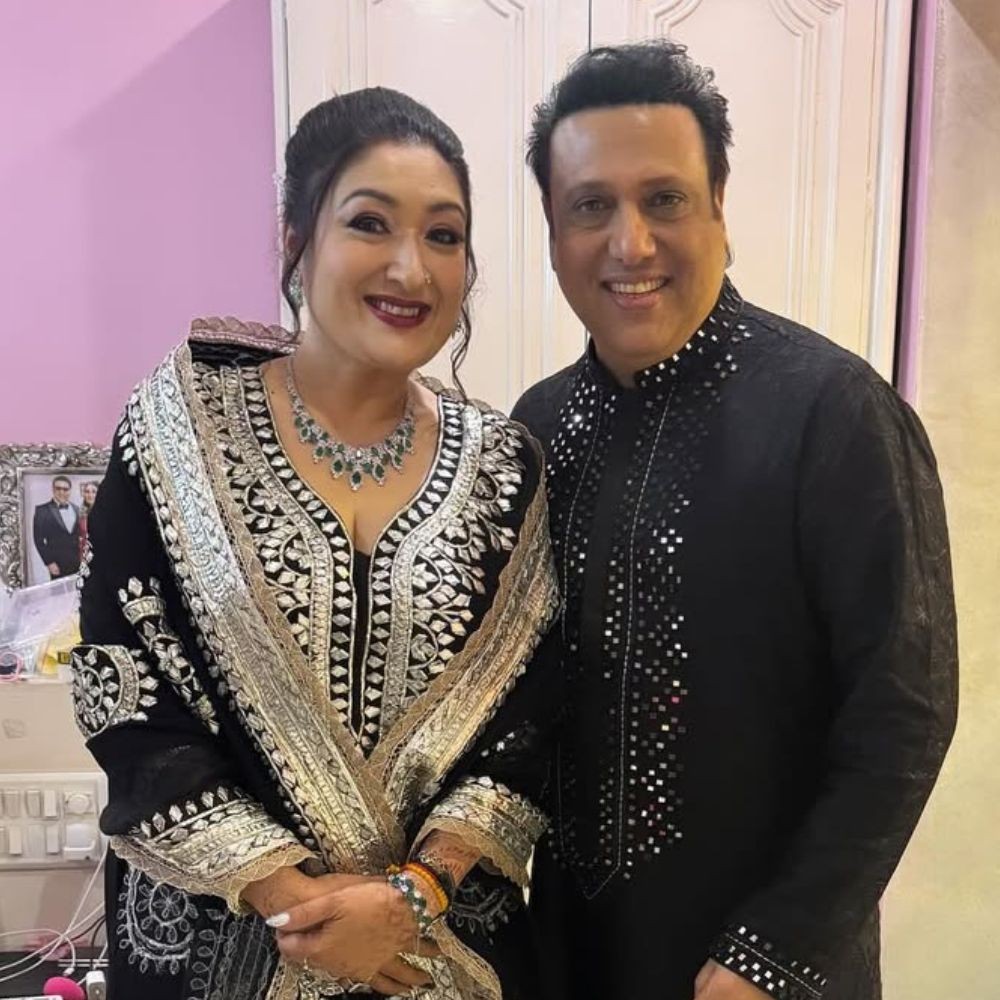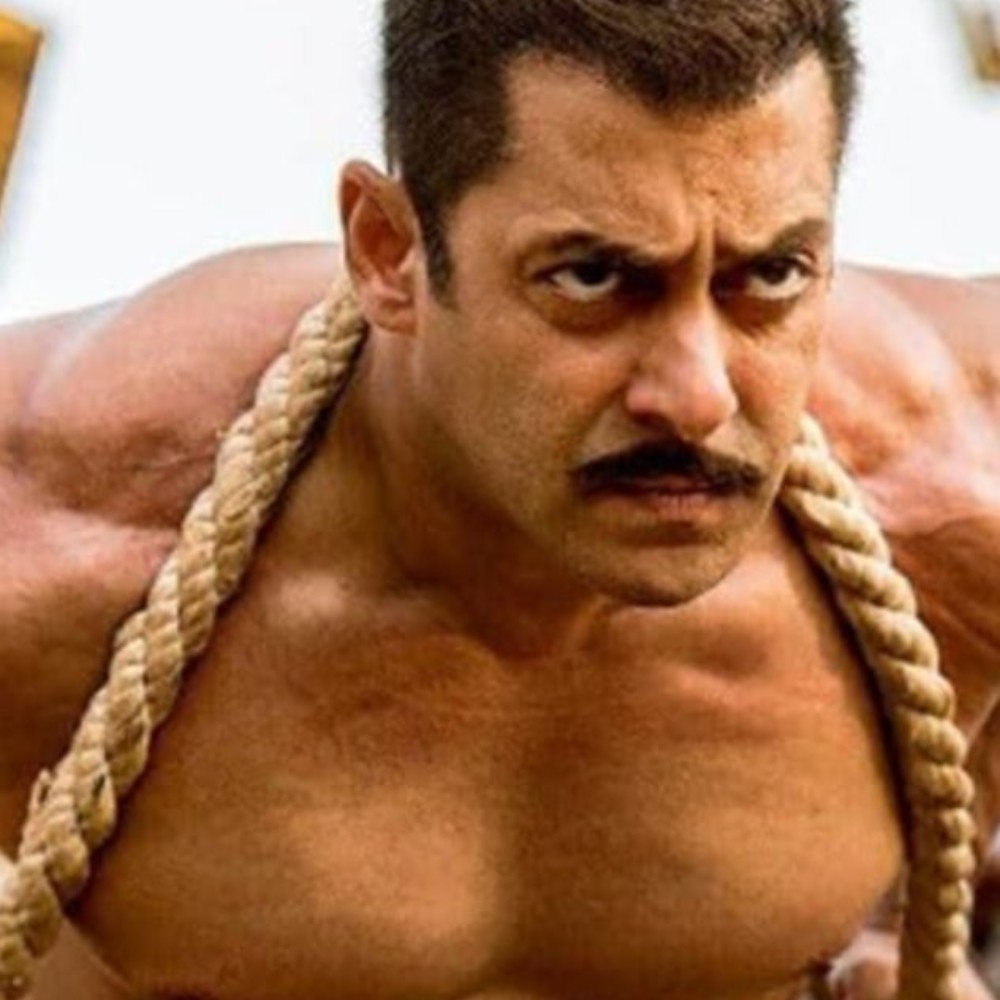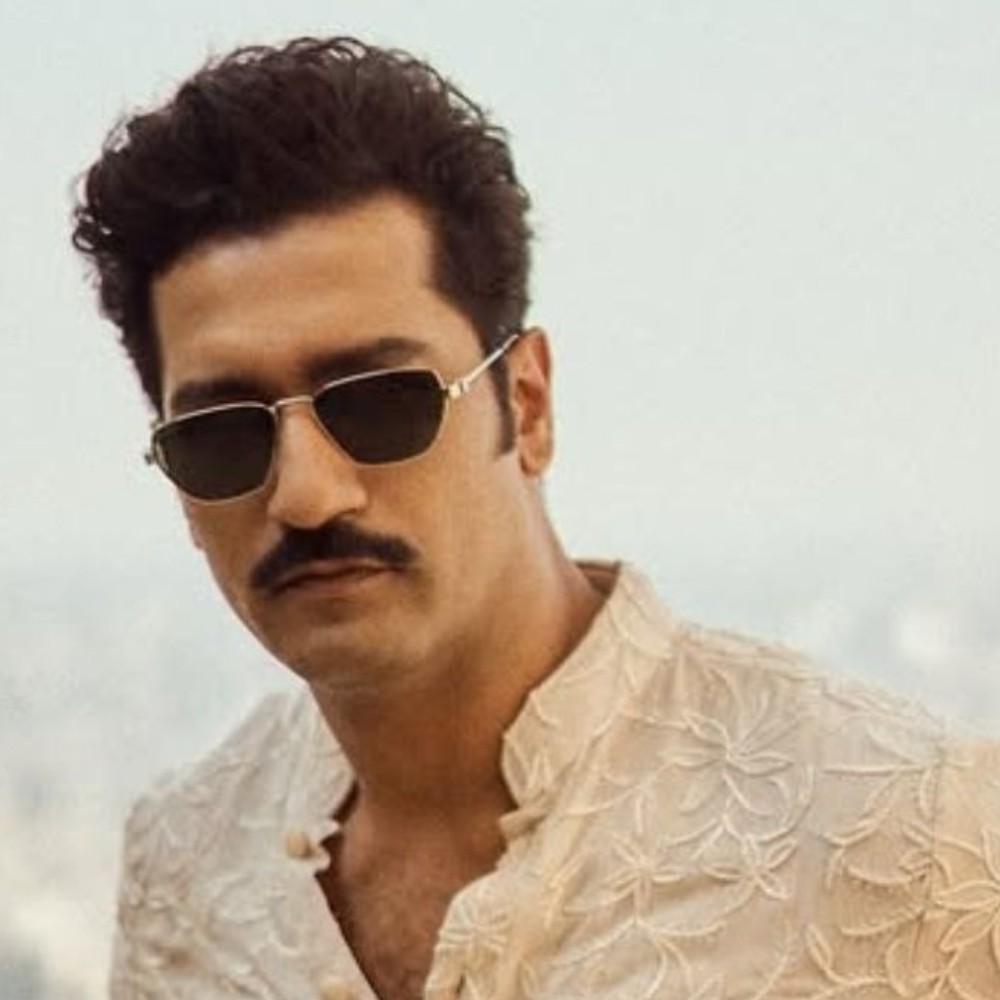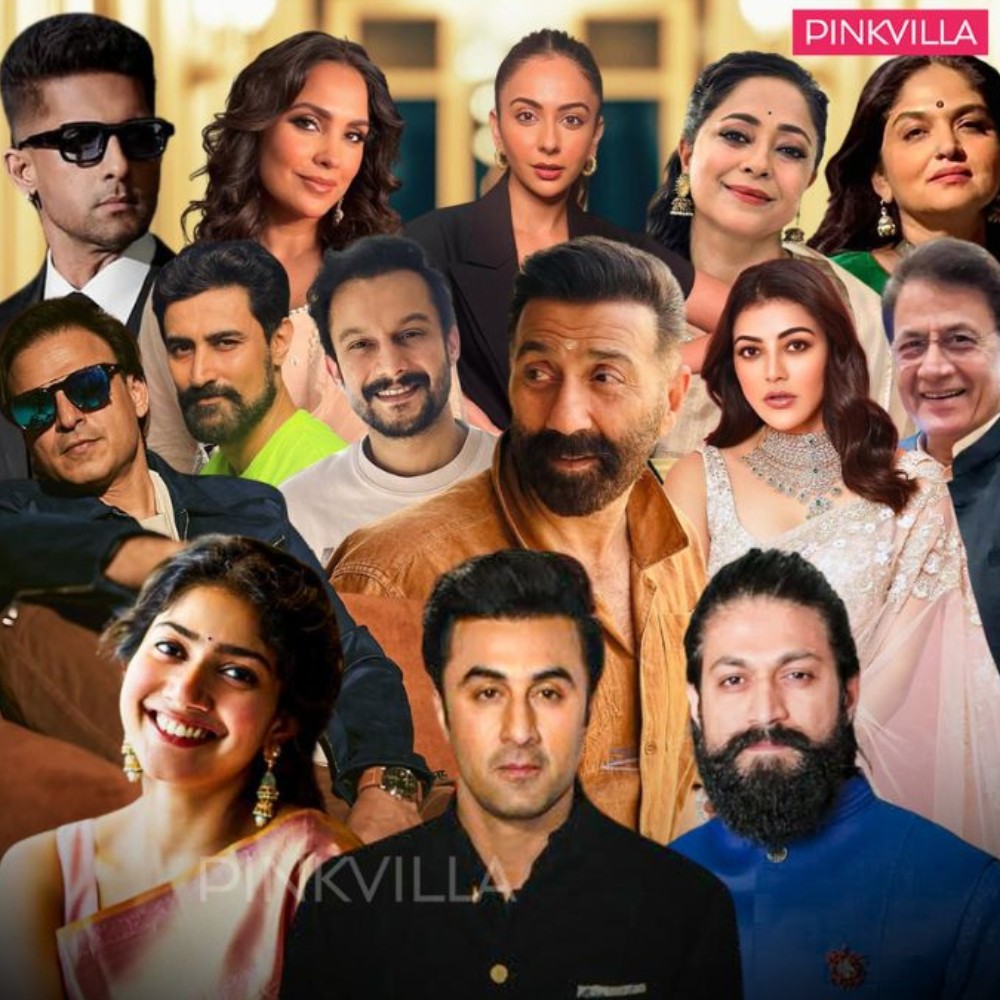9 famous Ek Villain dialogues that are etched in our hearts…forever
Check out the best Ek Villain dialogues that have left a lasting impression and continue to be remembered today.
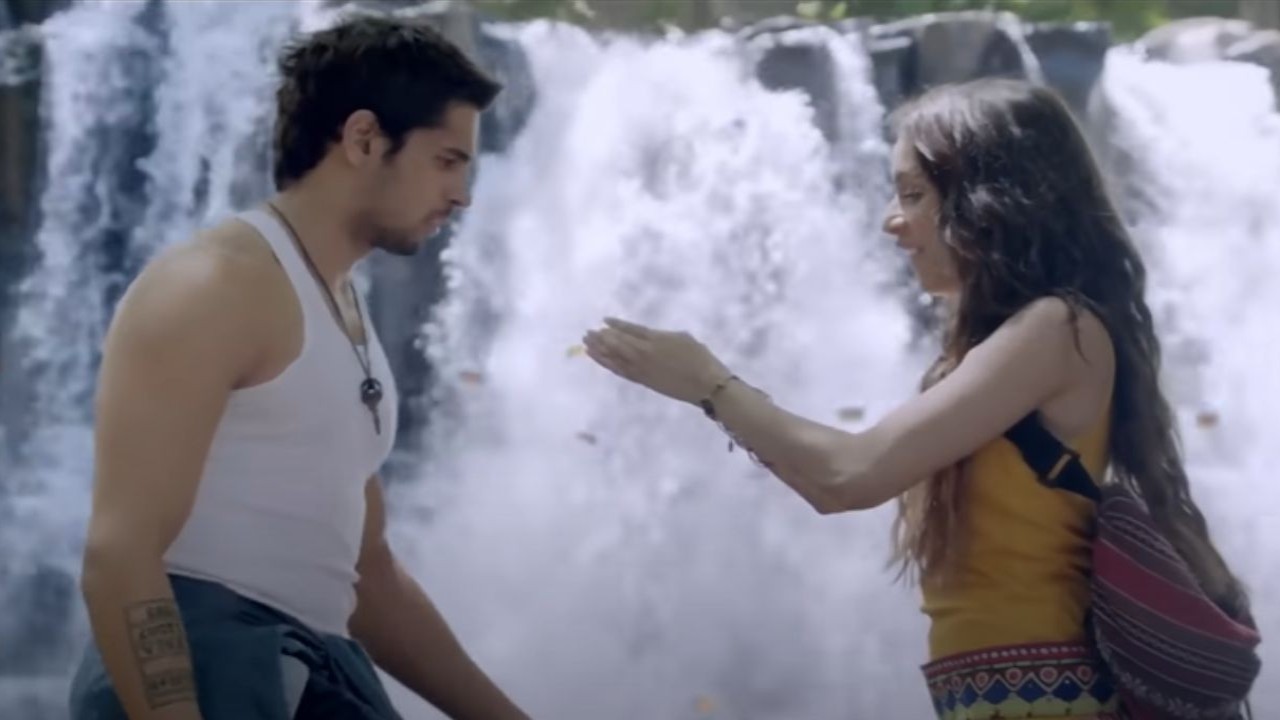
Ek Villain dialogues are more than just lines from a movie—the kind that stays with you long after the credits roll. Released in 2014, this Mohit Suri film took the audience on a thrilling ride through romance, action, and suspense, and its dialogues became an integral part of its lasting impact.
The film features Sidharth Malhotra, Shraddha Kapoor, and Riteish Deshmukh in powerful roles, each delivering memorable lines that define their characters and drive the story forward. Sidharth Malhotra's portrayal of a conflicted anti-hero is highlighted through dialogues brimming with emotional intensity. Shraddha Kapoor’s lines capture her character’s strength and vulnerability, making her journey deeply relatable. Riteish Deshmukh's chilling dialogue delivery adds an extra layer of menace to his role, enhancing the film's dark edge.
From witty banter to heart-wrenching confessions, Ek Villain dialogues are a testament to how words can shape and elevate a film’s narrative. These lines continue to echo with audiences, proving that in the world of Ek Villain, it's the dialogue that leaves the most profound impression. Let's dive into some of the standout dialogues from Ek Villain.
9 best Ek Villain dialogues that are still talking points
1. "Bas aab zindagi ko ek aesi party ki tarah jeena chahti hu ki maut jab aaye na toh saath baith kar, do drink maar kar, jaan le kar chali jaye"
In this Ek Villain dialogue, Shraddha Kapoor expresses to Siddharth Malhotra her desire to live life like an ongoing party. She envisions death as a guest who sits down, enjoys a drink, and then takes her away. This reflects her wish to embrace every moment with joy and acceptance, treating death as a natural and even celebratory part of life.
2. "Tum khali peeli mujhe maaroge, jail jaoge wo bhi free mein"
Shraddha Kapoor humorously tells Siddharth Malhotra that if he kills her without justification, he’ll end up in jail—though the only thing he’ll gain is imprisonment. She jestingly suggests that if he were to commit such an act, he should at least get something in return, rather than just ending up behind bars for nothing.
3. "Jab tak hum kisi ke humdard nahi bante, hum dard se aur dard humse juda nahi hota"
Shraddha Kapoor conveys to Siddharth Malhotra that unless we become someone’s source of compassion and support, our own pain and suffering will remain entwined with us. She highlights the importance of empathy and support in achieving true relief from personal struggles.
4. "Uss pyaar ka kya fayda hai jo usse hansi dene ke baad aasu dede"
Shraddha Kapoor questions the value of a love that after bringing joy and laughter, ultimately results in tears. She reflects on the inadequacy of love that causes more pain than happiness, questioning its true worth.
5. "Maut se ladkar Ayesha ki zindagi chini thi mein, apni roshni chini thi meine lekin tumne usse maar kar phir se andhera kar diya"
Siddharth Malhotra reveals his struggle to fight death to save Ayesha’s life and his own light. Despite his efforts, her death has plunged everything back into darkness. This statement highlights the profound impact of her loss on his sense of hope and life.
6. "Mein hamesha tumhare saath rahungi iss hawa ki tarah"
Shraddha Kapoor assures Siddharth Malhotra that she will always be with him like the air that surrounds us. This promise signifies a deep and enduring connection, suggesting a presence that transcends physical boundaries.
7. "Jaise Superman ke costume mein laal chaddi pehen na compulsory hai, wese hi tum gangsters ka sadu look compulsory hai kya?"
Shraddha Kapoor humorously questions the necessity of the gruff look often associated with gangsters, comparing it to the mandatory red underwear in Superman’s costume. Her comment playfully critiques the cliché image of gangsters having a tough appearance.
8. "Tumse kaam hai. Tijori nahi lutni, kisiko kidnap karna hai. Karoge?"
Shraddha Kapoor playfully assigns Siddharth Malhotra a task, making it clear that it's about kidnapping someone, not robbing a safe. She humorously mentions that while she could have handled it, it's his job to take care of it. In this scene, she also refers to Siddharth as a 'villain,' adding a layer of playful banter to their exchange.
9. "Andhera ko andhera nahi sirf roshni mita sakti hai. Nafrat ko nafrat nahi sirf pyaar mita sakta hai. Usse bas zaroorat hai kisi ke haath ki"
Shraddha Kapoor explains that darkness can only be dispelled by light, and hatred can only be removed by love. She emphasizes that overcoming negativity requires positive actions and the support of others, underscoring the transformative power of love and light.
Ek Villain is a standout film where the dialogues are central to its dramatic impact and character development. The lines in the film elevate its storytelling, transforming it into a gripping experience where each utterance heightens the tension and drama. These memorable dialogues not only drive the narrative forward but also linger in the audience's memory, showcasing the profound effect that skillfully crafted words can have on storytelling.





 JOIN OUR WHATSAPP CHANNEL
JOIN OUR WHATSAPP CHANNEL